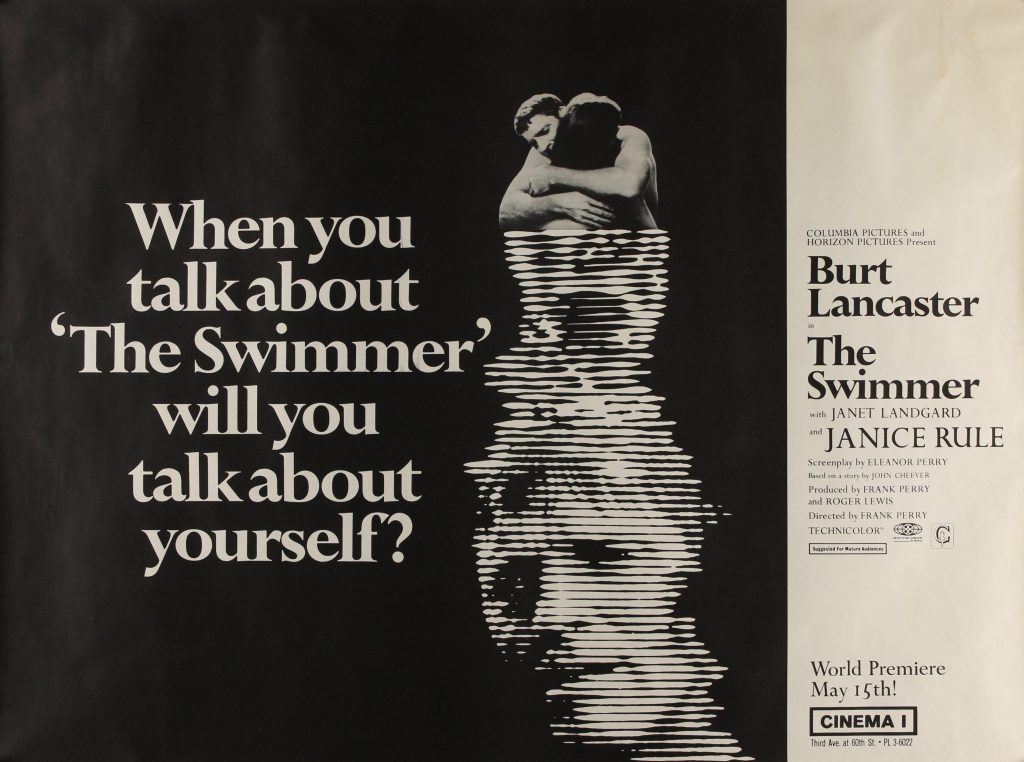The summer after playing Cool Hand Luke and a year before becoming Butch Cassidy, Paul Newman made a most unexpected directorial debut. Synonymous onscreen with sweat and swagger, the superstar stepped behind the camera for a sensitive drama about the belated sexual awakening of a small-town schoolteacher. Rachel, Rachel wasn’t your typical Paul Newman picture. But he knew it was a perfect role for his wife, Joanne Woodward, who in recent years had stepped back from acting to raise their three children, as well as three from his previous marriage.
She’d initially been the Hollywood couple’s brighter star, winning an Oscar in 1958 for The Three Faces of Eve while he was still struggling in the shadow of his former Actors’ Studio classmates Marlon Brando and James Dean. Ten years later, their career trajectories had reversed. Woodward no longer had the heat to get a movie like this made, but her husband could call the shots. He’d intended to only produce the picture, but unable to find a filmmaker he liked to take it on, Newman said “What the hell, I majored in directing at the Yale Drama School,” before telling the crew, “I’m a virgin and I need your help.” Adapted from Margaret Laurence’s novel A Jest of God by the couple’s longtime friend Stewart Stern, it’s a low-key character study tuned to Woodward’s exquisite performance, one of the decade’s finest.
Thirty-five-year-old Rachel Cameron is entering what she calls “the exact middle of her life,” lamenting her “last ascending summer” before settling into spinsterhood. She’s a desperately lonely woman, making tea and sandwiches for her domineering mother’s elderly bridge club in a modest apartment above her family’s old funeral home. Yet Rachel is neither morbid nor a mope. She’s a good teacher and people enjoy her company, especially her classroom colleague Calla (Estelle Parsons), who wants to make sure Rachel hears the good news about our lord and savior Jesus Christ. The character’s suffering is in silence, conveyed to us through Woodward’s astonishingly subtle work and Newman’s obtrusive, often club-footed direction.

Rachel, Rachel is one of those movies wearing a big old date stamp that says 1968, full of fads that would quickly fall out of fashion. A reverb-heavy narration track echoes snippets of the character’s anxious interior monologue, which is all already there for us to read on Woodward’s face. There are jagged cuts to soft-focus fantasy sequences slathered in freaky-deaky flute music, with the camera pushed in too close to everyone like a bad trip from a ‘60s head movie. None of this nonsense is remotely necessary, as Newman has assembled a top-notch cast and is an excellent director of actors. When he hangs back and trusts them, Rachel, Rachel is extraordinary.
The film features so many close-ups of Woodward that a friend of Newman’s joked that watching the movie was like looking through his wallet photos. But you can hardly blame the guy, as his wife registers so vividly the character’s secrets and lusty longings. Rachel falls into a brief affair with an old high school acquaintance who’s home for some unpleasant family business. He’s a beery, loutish sort played by James Olson, waving all sorts of red flags to which our naïve schoolteacher is heartbreakingly oblivious, especially when he asks if she’s “looking for action.” Rachel’s still a virgin at age 35, a status of which he has barely relieved her before she’s recklessly telling him that she loves him and wants a child. (No surprise he skips town the next day.)
It’s a “summer that changed my life” movie about a woman entering middle age, with Rachel’s first heartbreak making her stronger and able to assert herself for the first time. It’s a love letter to late bloomers. But even moreso it’s a love letter to Woodward, who Newman always insisted was the genius of the pair, while he considered himself a lucky guy with a good work ethic. Woodward was such a seemingly effortless performer, while Newman didn’t really hit his stride until nearly the end of the 1970s, when he finally learned how to relax onscreen. Compelling as his earlier performances may have been, you could still spot the elbow grease. Newman was a workhorse, and that striving comes through in Rachel, Rachel’s more overwrought sequences. The film is best when he simply points the camera at his wife, which was the whole reason for making the movie in the first place.
“Rachel, Rachel” is currently streaming on HBO Max.



